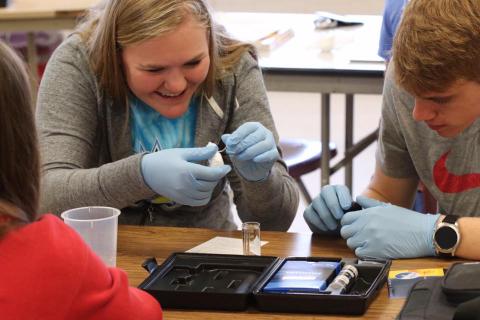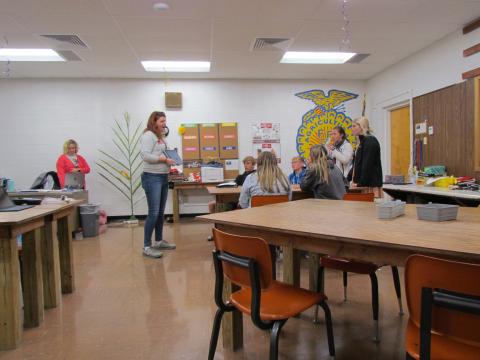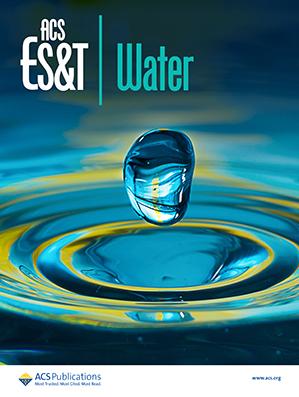A new publication in the American Chemical Society’s ES&T Water journal highlights early achievements and observations made possible through the Know Your Well project. The paper reports how youth-led citizen science can improve monitoring coverage, provide data, and integrate local communities to better evaluate and respond to growing concerns over domestic well water quality.
Groundwater is crucial to living and livelihoods in Nebraska. Eighty-five percent of Nebraskans get their drinking water from groundwater sources, and it is estimated that more than 360,000 residents throughout the state use private wells that are exempt from regulated testing. Nebraska has more groundwater than any other state in the country, most of which comes from the Ogallala-High Plains and Dakota aquifers. More groundwater is pumped for irrigation than any other purpose in our state, yet there are other uses impacted by this use.
Building a better understanding of water quality throughout the state is beneficial to individuals and communities, but even more beneficial when the communities themselves are involved. Instead of business or government decision-makers at the forefront of water quality, involvement of the public in managing the quality of local drinking water represents a step toward developing effective water ethics and water security.
Citizen science provides a pathway for communities to be trained in data collection and personally involved in understanding their local water quality and being empowered to do something with that knowledge. Citizen scientists can readily make observations, collect water quality data, effectively address gaps on site-specific water quality especially in rural areas, and likely provide an effective means for influencing local decision making to protect public health.
Citizen science programs have been implemented in multiple projects aimed at measuring surface water quantity and quality, but are much less common when measuring groundwater quality. Groundwater data can be more challenging for citizen scientists to collect because it isn't as easy to access. Know Your Well brings a unique collaboration between water scientists, well owners, high school teachers and students. This collaboration trains high school students to become citizen scientists and connects them with well owners in their community. By providing local access to groundwater samples and the tools to analyze results, Know Your Well builds citizen scientists who are engaged in their local groundwater quality.
Know Your Well is a youth-driven education and outreach program designed to train high school students to sample and test domestic well water quality and evaluate factors leading to ground water contamination.
Started in 2016 with a grant from the Nebraska Environmental Trust to the University of Nebraska-Lincoln (UNL), Know Your Well emphasizes proper domestic well water sampling and encourages students to compare results from classroom test kits to rigorous laboratory testing at the UNL Water Sciences Laboratory. In its first two years, the project involved students and teachers from 23 schools across Nebraska who sampled almost 250 wells.
The results show areas in the state with domestic well water quality impacted by nitrate, arsenic, manganese, and uranium exceeding maximum contaminant levels for safe drinking water. Now in its 7th year and led by Nebraska natural resources districts, the program intends to collect and test over 1,000 wells and 50 schools by the end of 2025. All results are shared with well owners, students and teachers who use them for building awareness about local water quality around their community.
The full journal article is available at https://pubs.acs.org/doi/epdf/10.1021/acsestwater.3c00640 .



